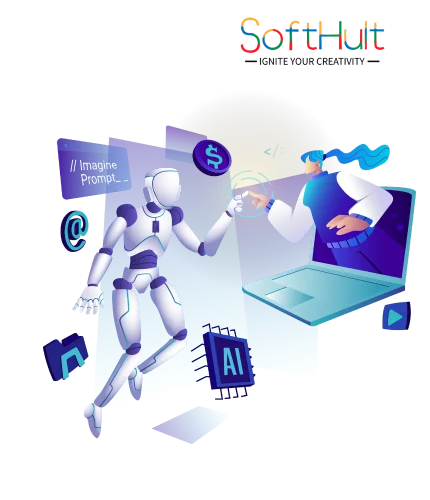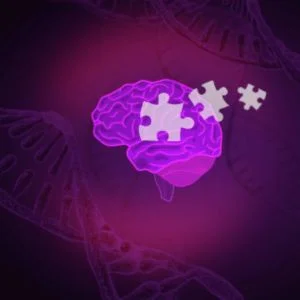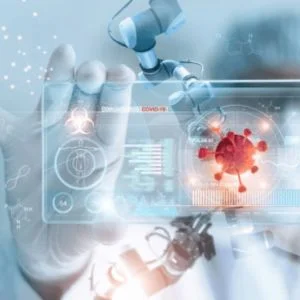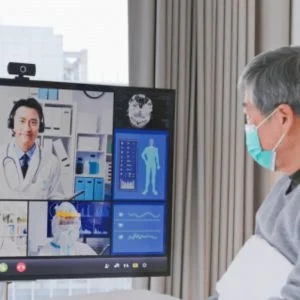
About Softhult
Life At {Softhult (SMC Private)} Limited
As a leading healthcare software development company, we use the power of AI in our health tech software. Technologies like machine learning and computer vision are revolutionizing the healthcare software industry. It enables precise data analysis, intelligent decision-making, and personalized treatment plans. With our expertise, we are leading the way in transforming healthcare software solutions, delivering innovative services for better patient care and improved outcomes.

















